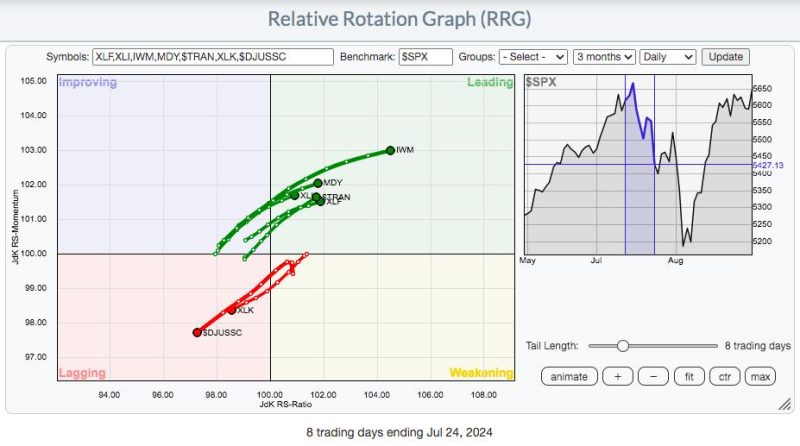Leadership is a dynamic quality that is constantly evolving with time and changing circumstances. In today’s fast-paced world, where the challenges are unprecedented and the need for effective leadership is greater than ever, it is crucial to recognize and cultivate new leaders who can navigate these complex waters. Identifying and nurturing emerging leaders is key to ensuring organizational success and sustainability in the long run.
One of the key ways to recognize new leaders is by observing their ability to take initiative and lead by example. True leaders are not confined by their job titles or hierarchical positions; rather, they demonstrate leadership through their actions, attitudes, and behaviors. They are proactive, self-motivated, and have a clear vision of where they want to go and how they can get there. By acknowledging and encouraging individuals who exhibit these qualities, organizations can identify the next generation of leaders who will drive innovation and growth.
Another important aspect of recognizing new leaders is their ability to inspire and motivate others. Effective leaders are not just focused on their own success; they are able to bring out the best in those around them and create a sense of purpose and unity within the team. By looking for individuals who possess strong communication skills, empathy, and the ability to connect with others on a deeper level, organizations can identify potential leaders who have the capacity to influence and inspire positive change.
Furthermore, new leaders often demonstrate a willingness to learn, adapt, and embrace change. In today’s rapidly evolving business landscape, the ability to be agile and flexible is essential for success. Leaders who are open-minded, curious, and willing to step out of their comfort zones are more likely to thrive in challenging environments and drive transformational change within their organizations. By recognizing and cultivating individuals who embrace new ideas and approaches, organizations can build a culture of innovation and resilience that will fuel sustainable growth.
In conclusion, recognizing new leaders is a critical aspect of organizational development and success. By identifying individuals who demonstrate initiative, inspire others, and embrace change, organizations can cultivate a pipeline of leadership talent that will drive innovation, growth, and positive change. It is essential for organizations to empower and support emerging leaders, providing them with the tools, resources, and opportunities they need to realize their full potential and make a lasting impact. By investing in the next generation of leaders, organizations can secure a bright future and stay ahead in today’s competitive and ever-changing business world.
